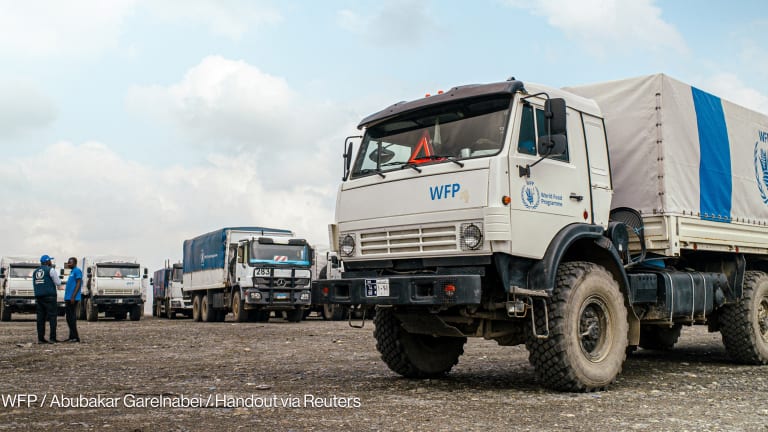Looking for a regional focus? Zoom in on the heart of Africa.
Sahel is a vast, barren and barely governable expanse of sandy hills and rolling desert stretching across northern Africa from the Atlantic to the Red Sea. It is also predominantly Muslim and woefully underdeveloped, and thus on the receiving end of all kinds of development assistance.
President Bush's anti-terror Pan-Sahel Initiative started in 2002 and bloomed into the Trans-Sahara Counterterrorism Initiative three years later, aiming to use $500 million over five years to strengthen regional military and boost development via better education and governance. The U.S. Agency for International Development's involvement is predominantly in education, and the first TSCTI budget-in fiscal 2007-provided $16 million toward that work.
Yet the U.S. has delivered hundreds of millions of dollars in aid to the region in the years since 9/11. In 2005, for instance, USAID spent more than $122 million in Sahel, funding projects to improve food security, natural resource management and agricultural production. The establishment of Africom last year-with programs led by the State Department-was intended to improve security and incite economic development, particularly in the endless no man's land that is Sahel. The World Food Program and European Union have also increased their aid to Sahel in recent years.
Still the region remains one of the world's poorest and least developed and insecurity is on the rise. Many recent aid programs have had a negative impact. Violence in Sudan's western Darfur region has spiked once again. Rebels are creeping towards the capital of Chad. The government in Mauritania, a country heading toward becoming eligible for aid under the Millennium Challenge Account just a year ago, is now devolving into a bullying junta. Terrorist violence also has ticked up as Al Qaeda-backed groups and like-minded Islamist cells have begun to proliferate.
Speaking at an African Union summit earlier this month, United Nations Secretary-General Ban Ki-moon underscored the great need for development in the continent.
"Africa needs good roads, schools and hospitals," he said, "as well as reliable and efficient water services, electricity grids and telecom networks."
Ban focused on Sahel in particular, citing the lack of security in Darfur-where a week later U.N. relief shipments were blocked by the Sudanese government-along with the tapping of geothermal energy in south Sudan's Great Rift Valley and building solar energy farms in the Sahara.
Long ignored, it's clear that Sahel will be on the international development agenda for a long time to come. Development professionals should take note.








